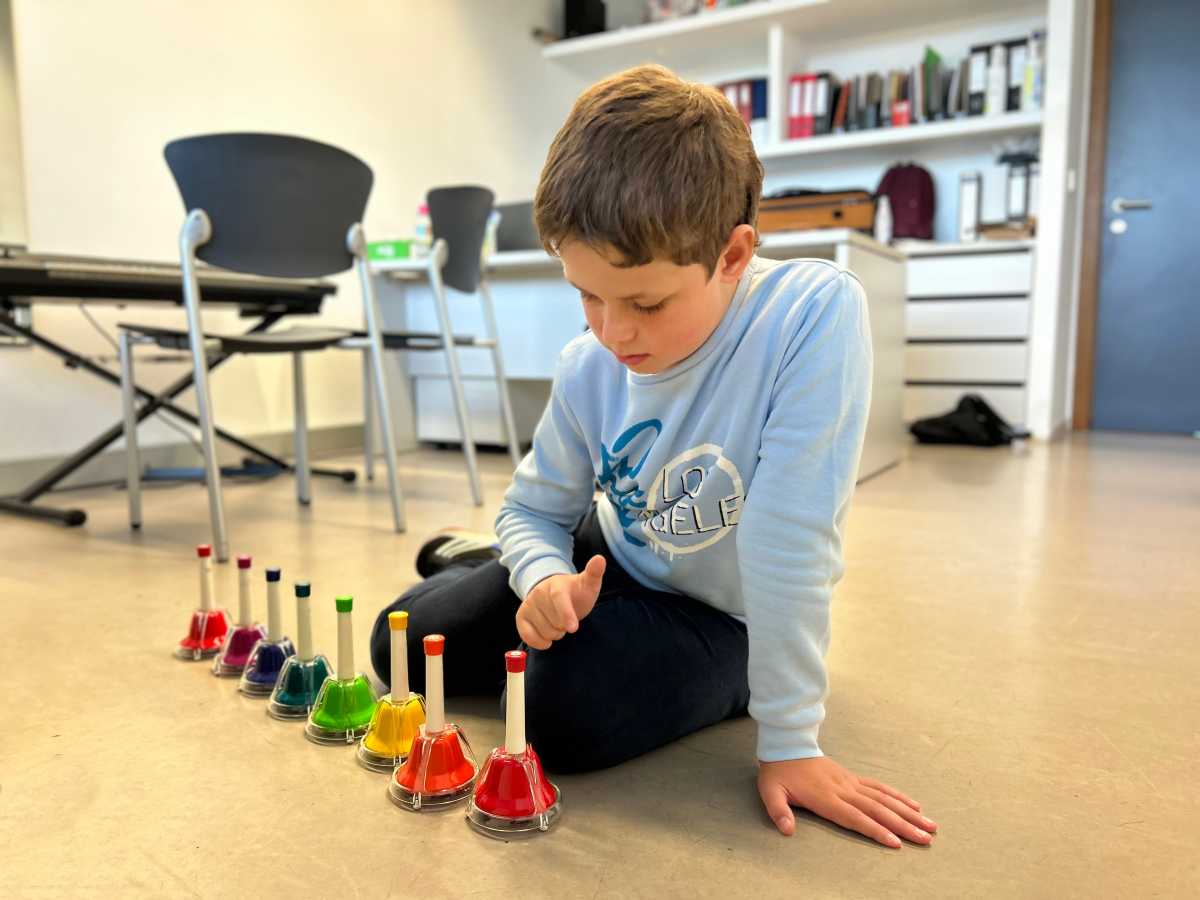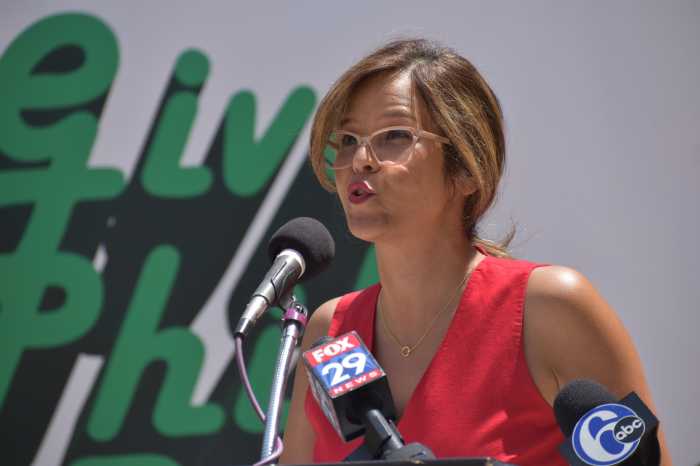Aside from the word “mama,” my son wasn’t speaking. Because of this, he struggled with aggression and, even more painfully, he couldn’t effectively communicate his needs to us. With 1 in 31 children in the United States being diagnosed with autism, I know that most reading this story already know where this is going, because you’ve gone through it yourself. Right before my son’s third birthday he was diagnosed with autism. I was heartbroken not knowing how to navigate this.
With autism, early intervention is key and I am grateful that we were able to get a diagnosis as early as we did. My son’s therapy plan prescribed 40 hours of direct service, meaning that he needed 40 hours of one-on-one ABA therapy with a registered behavior technician. Before our son began Applied Behavior Analysis (ABA) therapy, we were living in a constant state of worry and uncertainty. I was scared to look away for even a few seconds because he would attack his brother by either biting him or pushing him down.
Since beginning therapy, the transformation in our son has been nothing short of extraordinary. He now can express what he wants and what he needs help with. That change alone has brought so much peace and joy to our household. Where there was once frustration and confusion, we now see confidence, connection, and growth.
But because our family has private health insurance, there could potentially be a huge void on where he is able to receive this therapy. This September, our son will be starting Kindergarten – a milestone that once felt out of reach – and unfortunately the State of Pennsylvania does not currently provide access for children on the autism spectrum to receive care from their private ABA therapy provider in the classroom.
Thankfully, there is a movement that has begun to quietly gain momentum. We are championing a change in autism care across the state and are requesting an update to the current legislation that would standardize the approval process and grant access for private clinicians, specifically ABA therapy providers like board certified behavior analysts, registered behavior technicians, and licensed behavior specialists, to provide ABA therapy in a school setting.
This would only empower schools with additional resources. Allowing private ABA clinicians into schools ensures children receive the most individualized, timely, and effective support possible. It bridges the gap between home and school, creates continuity of care, and gives children access to the tools they need to thrive. Not next week or next month, but in real time.
As the parent of a child on the autism spectrum, I’ve learned that timing and consistency aren’t just important, they’re essential. Any delay in addressing behavior, communication, or emotional regulation can set progress back to square one. We’ve seen this happen in my son due to the inconsistency in his schedule, and it was heartbreaking watching him regress.
Like many autistic children, my son experiences behavior in phases. Some challenges are brief, but intense. In those moments, having our ABA team on hand means they would be able to observe the behavior and immediately develop a strategy to help. Their swift intervention could prevent issues from escalating or becoming ingrained, which would ultimately help to maintain an overall harmonious classroom environment, while supporting my son at the same time.
Equally important is the consistency of personnel. My child thrives on familiarity. When he’s supported by someone he knows and trusts – someone who understands his triggers, his motivators, and his strengths – transitions go smoother, communication increases, and meltdowns are minimized.
We’ve experienced life without ABA and we’ve lived the difference it makes. That contrast is life-changing and could even ultimately be life-saving. For families like mine, ABA therapy is a lifeline. Consistency, emotional stability, and communication gains shouldn’t be a luxury, they should be a right for every child with autism, whether they receive private or public ABA therapy.
The children of Pennsylvania deserve access to their private ABA care providers in the classroom and I encourage our state lawmakers to give our children an equitable educational experience by passing the amendment to HB 1121.





























